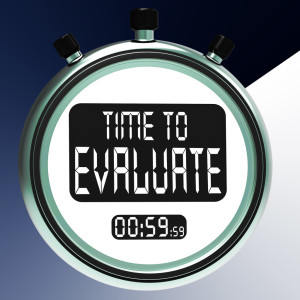
Assessment changes are coming to a school near you!
As you are no doubt aware, most of the country is moving toward assessments that are aligned to the new Common Core State Standards. These tests are a vast departure from the assessments you might be used to from your state. Although they are just being field tested this year—with full implementation scheduled for next school year—here’s what you need to know about this brave new world. The consortia Responsibility for authoring the next-gen assessments fell to two consortia organized by the states, the Partnership for Assessment of Readiness for College and Career (PARCC) and Smarter Balanced. Generally, the northern half of the country formed Smarter Balanced, while the southern part works with PARCC. PARCC is having a much rougher time. A few of its states, shocked by the class time taken up by the proposed testing calendar and the technological needs to administer the test, have decided to drop out and make their own tests. Smarter Balanced is still on schedule, with field-testing currently underway. Check with your state Department of Education to see which one your state belongs to and what their status is with their consortium. The vision Both consortia envision tests that make use of the latest technology to deliver assessment items that are interactive and performance-based, as the Common Core itself dictates. Paper-based tests will still be available, particularly for students with special needs. For the online tests, students will be asked to click-and-drag, view animations, listen to audio samples, and other advanced tasks. Practice tests are available. In these early days, a teacher would be wise to make use of them so students aren’t surprised. If your child’s teacher isn’t practicing, ask why. What you can do to help Many of the assessment items on the new tests are process-based. They give the student a set of data or an informational report and ask the tester to work through the process of analyzing that information using a series of 5-7 questions that build on each other. Give your child a choice based on information and ask them to work through the process of making a decision. Also, critical thinking skills are at the forefront of the Common Core, and therefore play a key role in the assessments. Building these skills can be as simple as asking open-ended questions. Instead of “Did you have a good day?” try “What was your favorite part of the day? Why?” Finally, you might want to focus on patience. Before they get the kinks worked out, the testing process is bound to have delays, disconnections, and other problems that can get a tester out of “the zone”.
